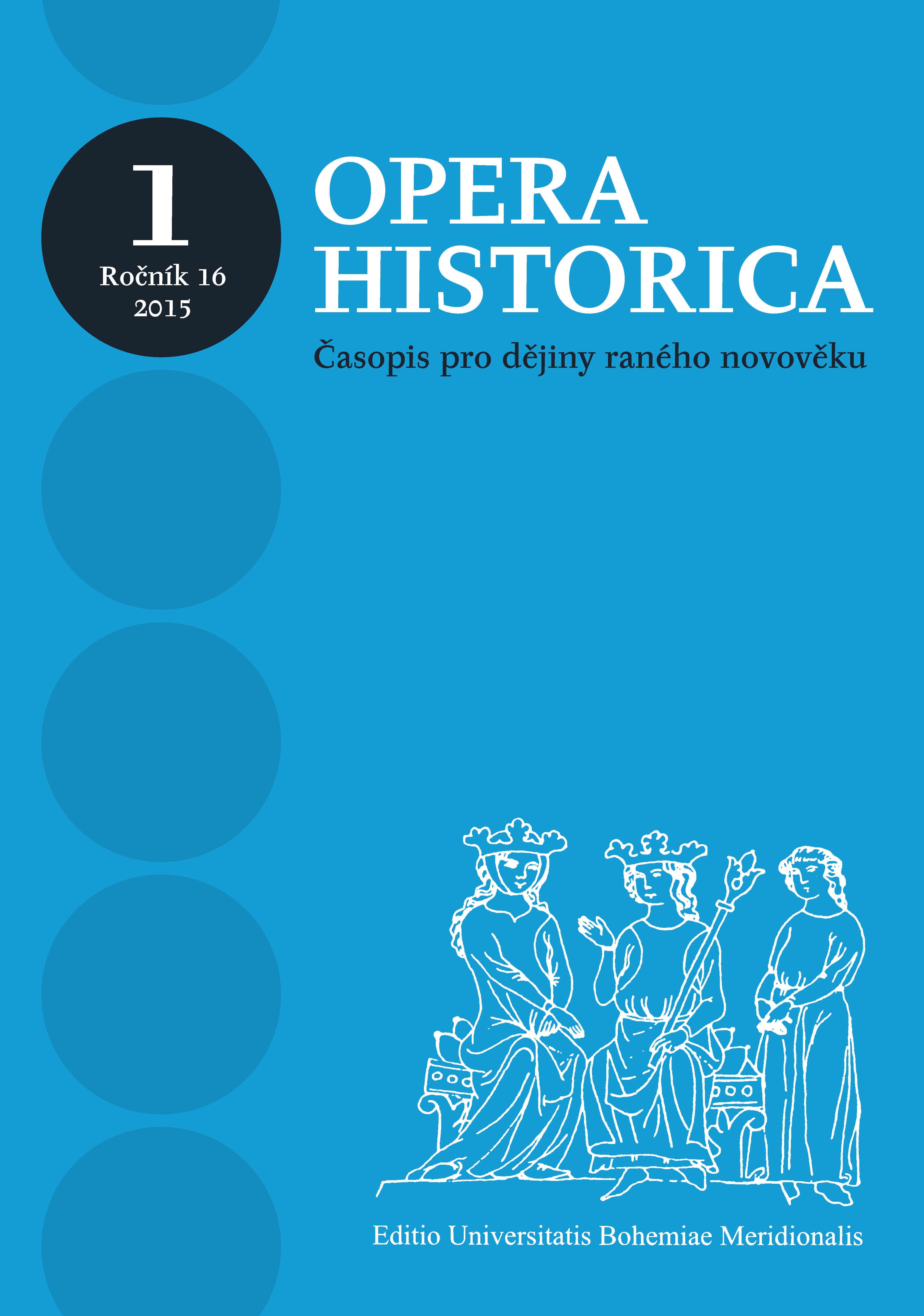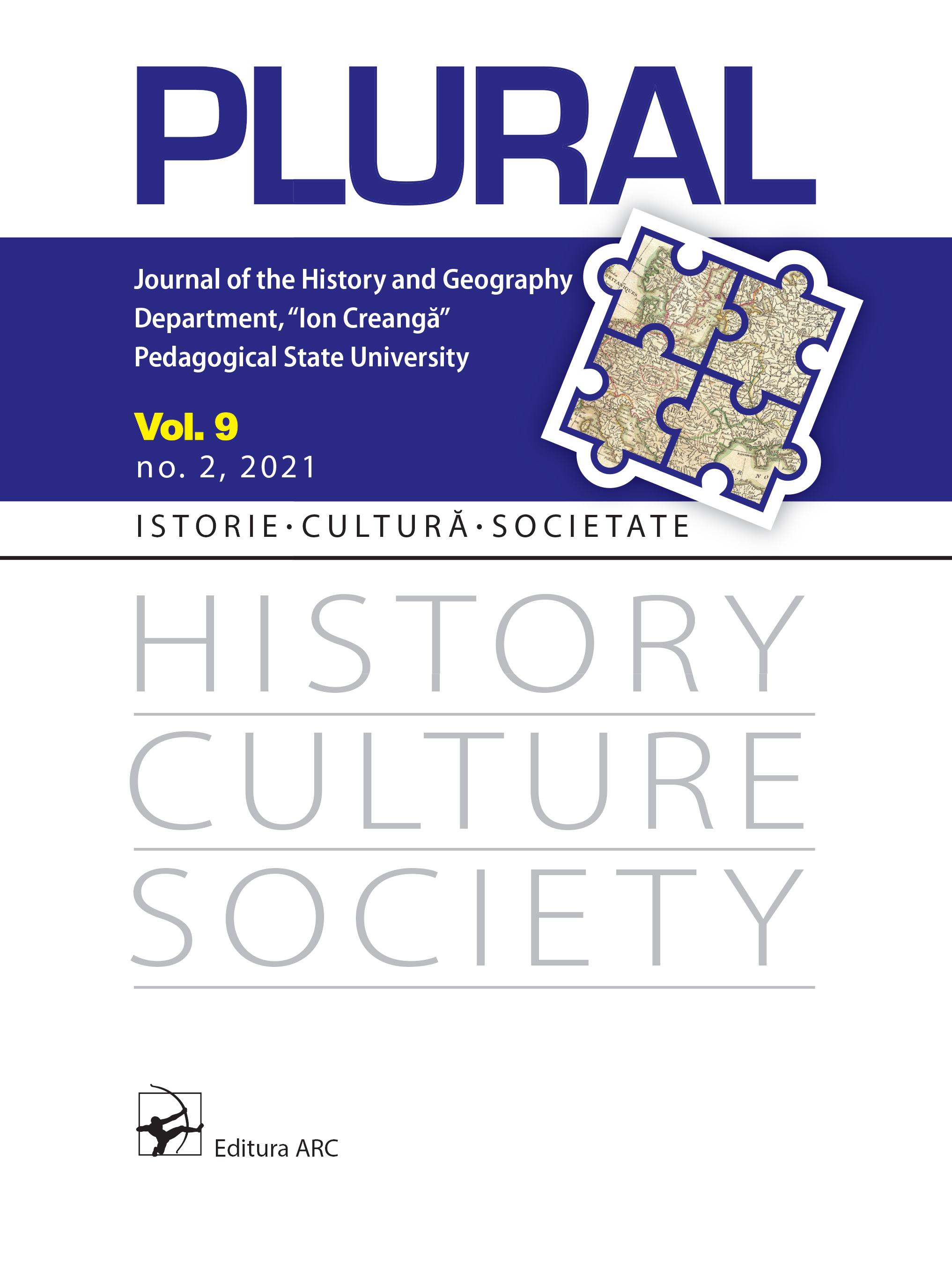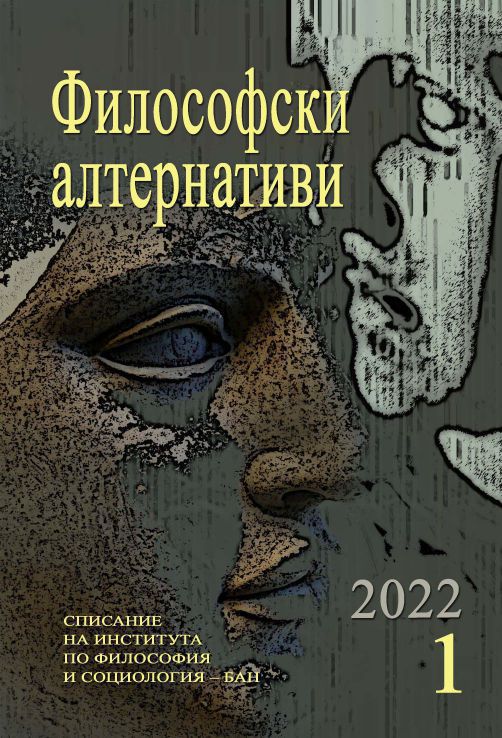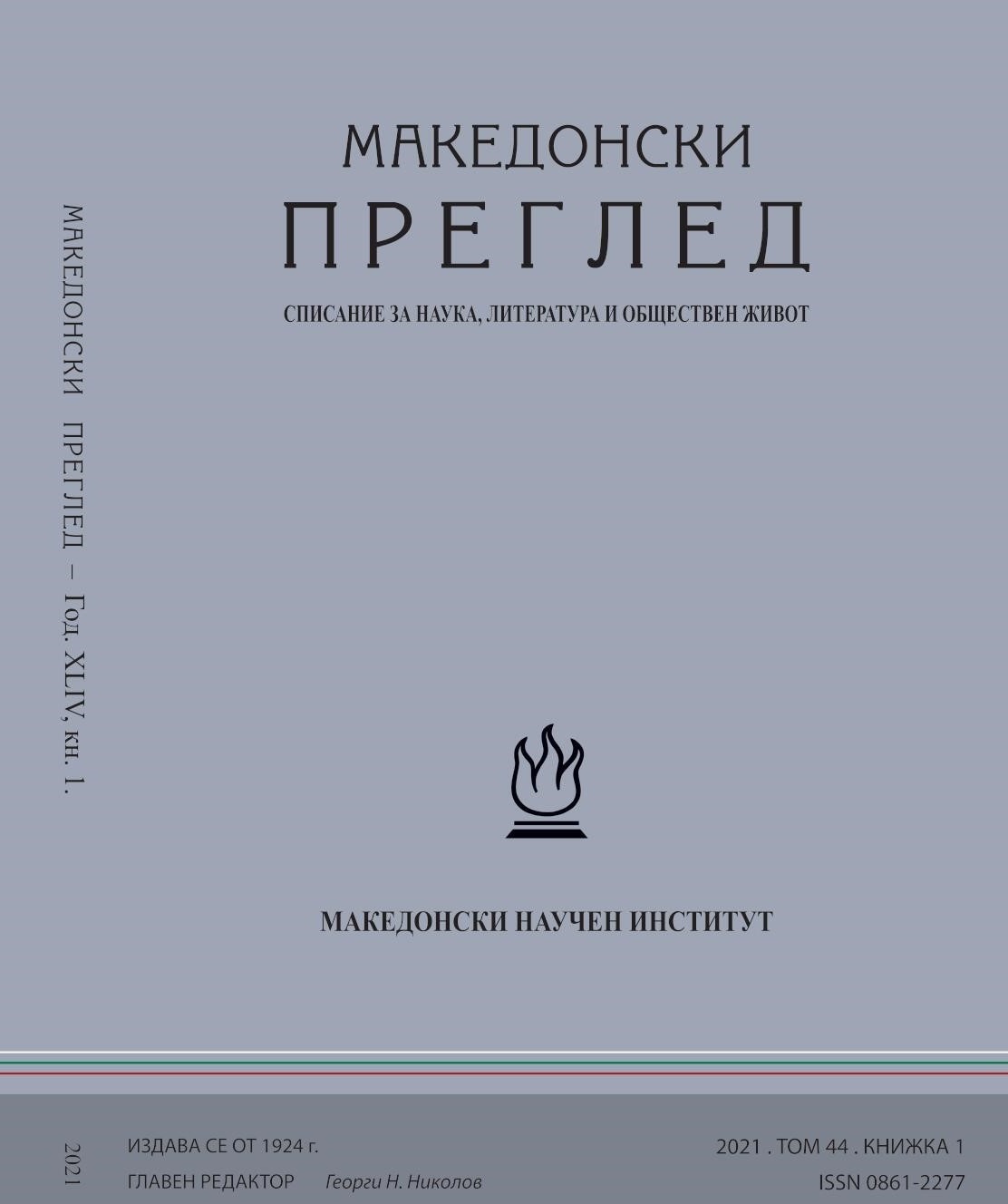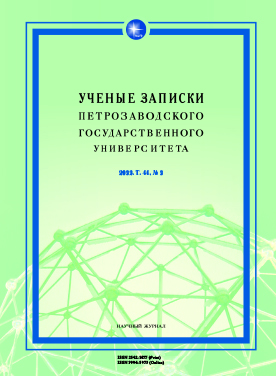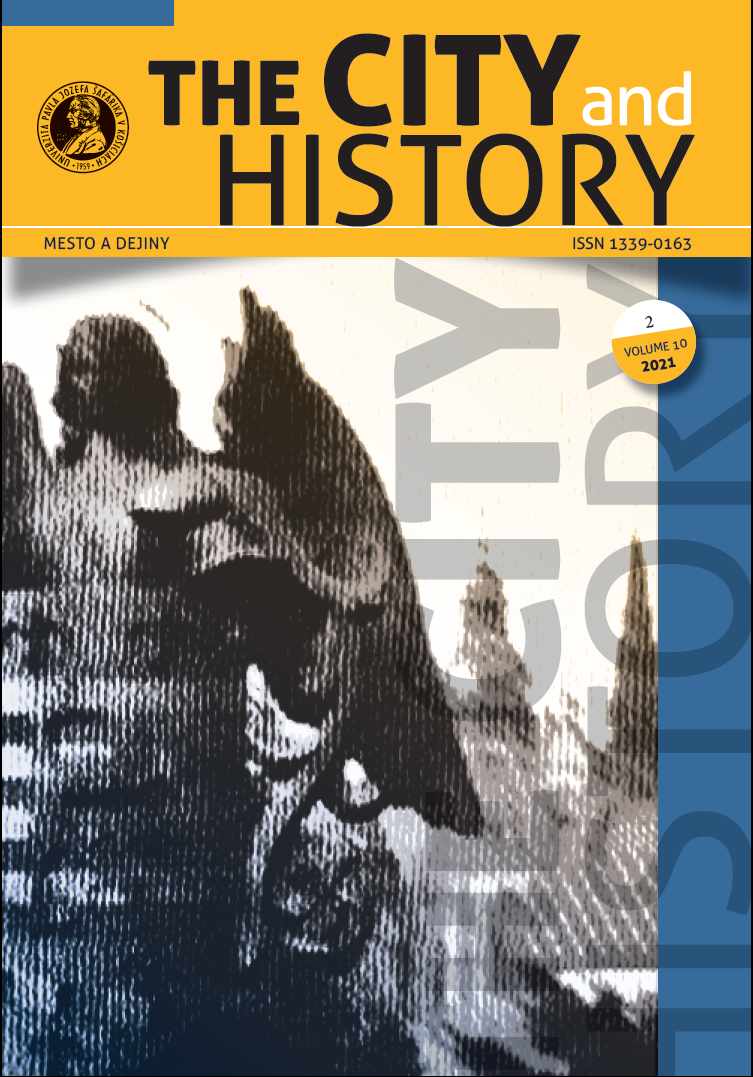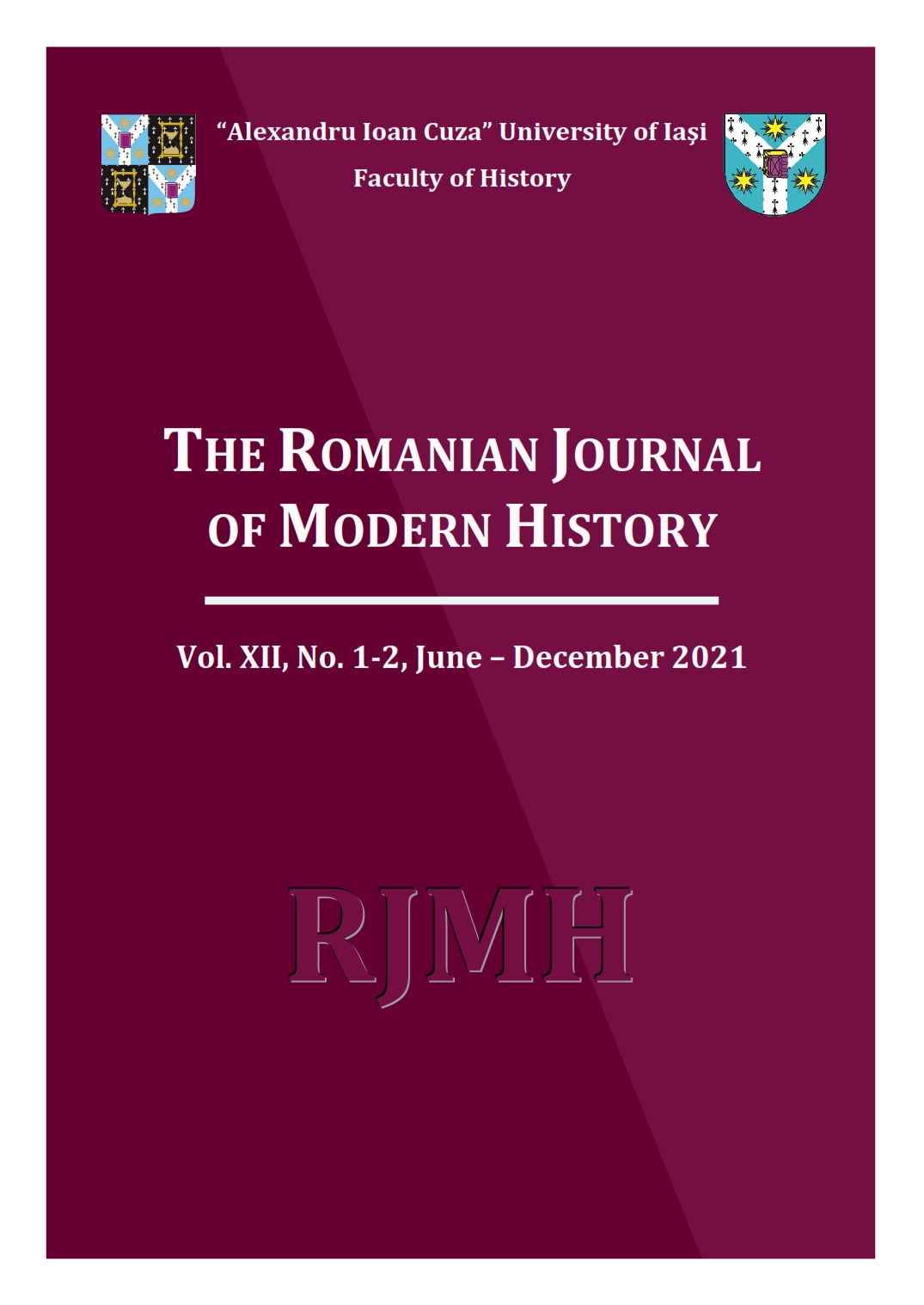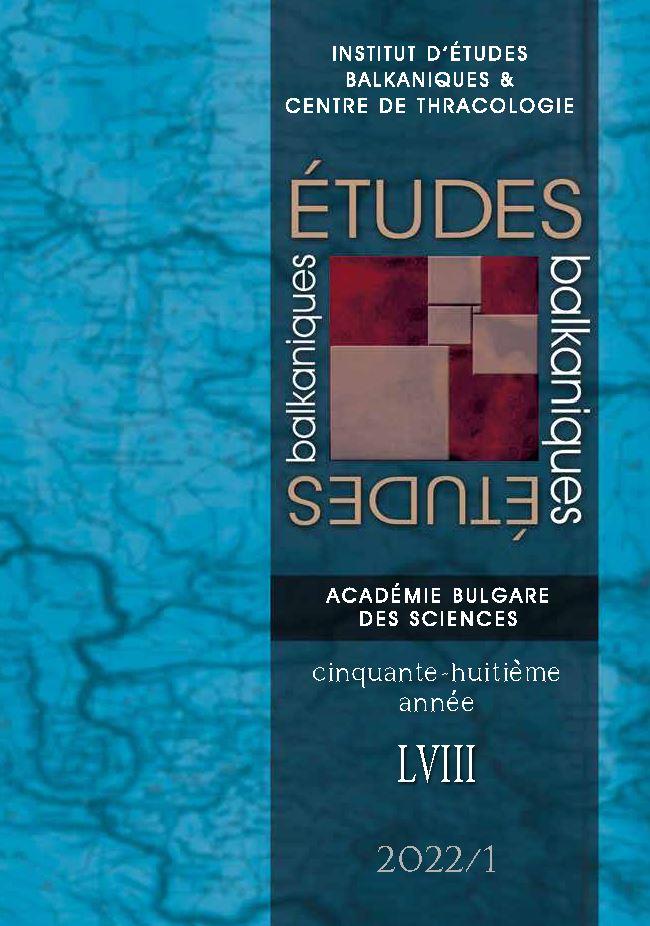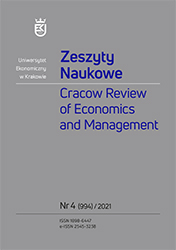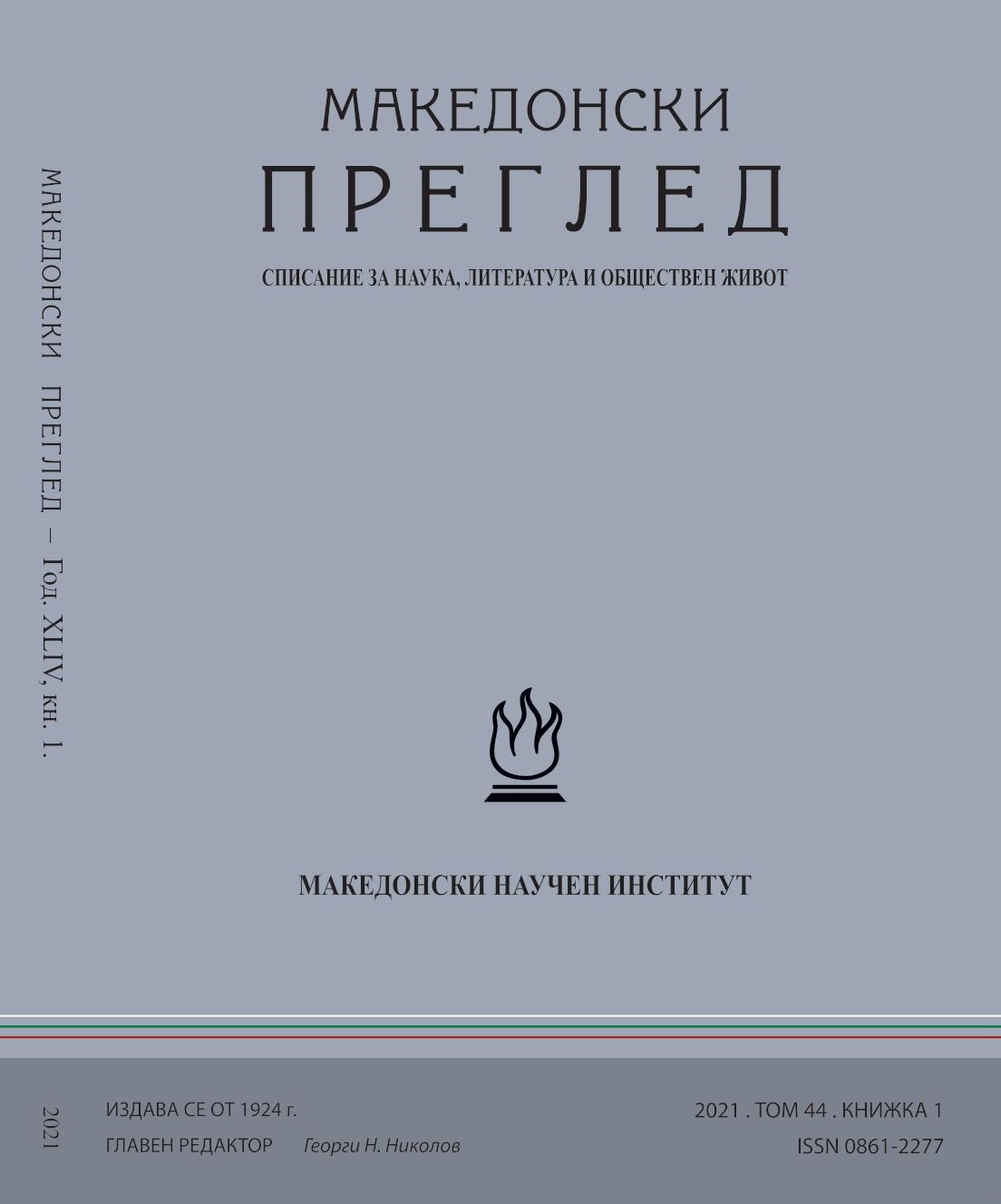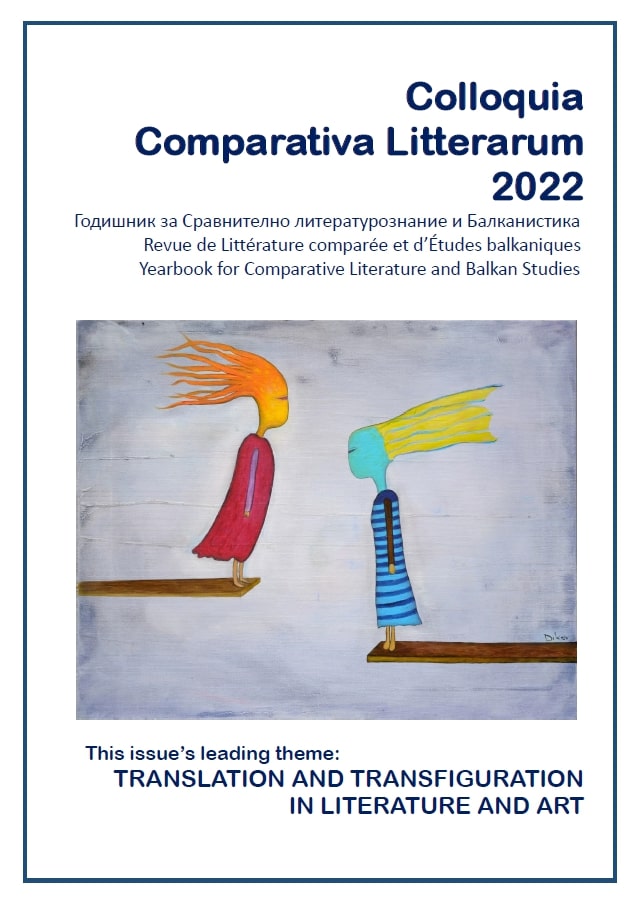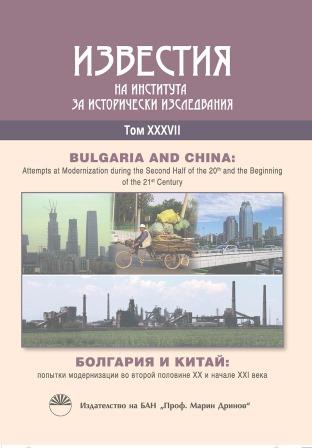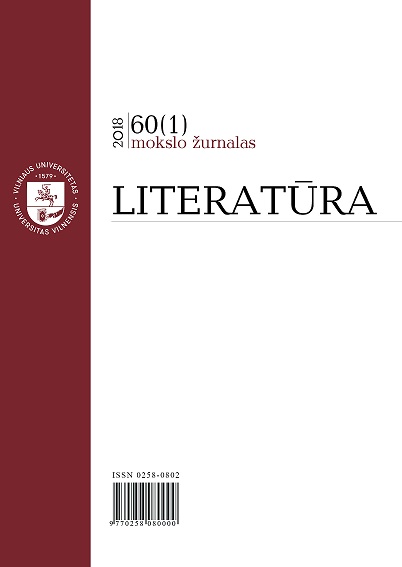
Sofijos Kymantaitės-Čiurlionienės pastangos XX a. pradžioje įtvirtinti moters vertę ir savivertę
This article examines the ways in which the self-awareness of a feminine identity, the perceived value of women and the self-esteem of a particular author have been evolving from 1904 to the end of the First World War; the author in question is Sofija Kymantaitė-Čiurlionienė (1886–1958), Lithuanian publicist, writer and educator. During her studies at the Jagiellonian University of Kraków in 1904–1907 (and in Adrian Baraniecki’s High Courses for Women), she decisively chose to study the humanities and became one of the first modern Lithuanian women engaged in literature, literary criticism and the politics of education. This article presents the context of the women’s emancipation movement that at beginning of the 20th century in Kraków, where the increasing possibilities of education for young women had become increasingly available. Right after her return to Lithuania in 1907, Kymantaitė took part in the Lithuanian Women’s Congress in Kaunas and became involved in the preparatory work on the regulations of the Lithuanian Women’s Society. In her collection of articles Lietuvoje: kritikos žvilgsnis į Lietuvos inteligentiją (“In Lithuania: A Critical Look at the Lithuanian Intelligentsia,” 1910), besides a wide scope of issues that were considered, Kymantaitė-Čiurlionienė discussed the issue of the relationship between well-educated men and women and questioned the equal value of women in the nascent modern Lithuanian society. In 1910, Čiurlionienė wrote a dramatic dialogue Ateities moteris (“Woman of the Future”, 1910), which highlights the idea that the equality between man and woman rests on shared human values. The dialogue foregrounds the spiritual faithfulness of the woman to the man she had chosen – faithfulness that is upheld despite the distance that greatly separates them, contradictory to the thought that women are incapable of creating ties of friendship with men, as expressed by one of Nietzsche’s literary characters. The main character of Ateities moteris – Johanna – reveals herself as a rebel only when she confronts the antagonist’s patriarchal worldview and his commanding affirmation of women’s lower position and the determinism of biological needs. References to Otto Weininger’s study Geschlecht und Charakter (Sex and Character, 1903), as well as a quote that evokes misogynistic sentiments from Nietzsche’s Also sprach Zarathustra (Thus Spoke Zarathustra, 1883), appear in the dramatic dialogue, provoking a polemic with these authors' positions. The dialogue indicates the writer’s interest in the theories of gender struggle. The text reflects Čiurlionienė’s involvement in the preparation of the statute of the Lithuanian Women’s Society as well as the influence of liberal feminist ideas that she had encountered while still in Kraków. Following the Romantic authors’ attempts to reveal female heroism, Čiurlionienė strived to create a distinctive interpretation of the end-of-the-19th-century “Lithuanian Jeanne d’Arc” in her psychological sketch (novelette) Joana Vaidilaitė (1914–1918). Johanna’s worldview is undoubtedly more akin to the ideas of early modernism, whereas Joana Vaidilaitė’s sedentary lifestyle is determined by the young woman’s realia of the 19th-century countryside, and later by her treatment in a psychiatric hospital. The sketch suggests the reality of the protagonist’s mystical motherhood, which others treat as a manifestation of madness. The novelette has never been published. Had Joana Vaidilaitė been published during the first years of Lithuania’s independence, there could have been an opportunity to enrich the history of Lithuanian literature with original efforts to give a sense to motherhood, with the Romantic treatment of madness as a form of clairvoyance and the modernist interpretation of the sea as a fluctuating womb. To conclude, starting with the formulation of the statute of the Lithuanian Women’s Society in 1910, Kymantaitė-Čiurlionienė’s attempts to express liberal feminist ideas in literary fiction become more noticeable; in these writings, the author refuses to think of motherhood as a manifestation of the impersonal nature's force (which relates to the views of the misogynists), and she cherishes the idea that conscious motherhood is equated to the creation of an individual capable of enriching cultural resources in the future.
More...
